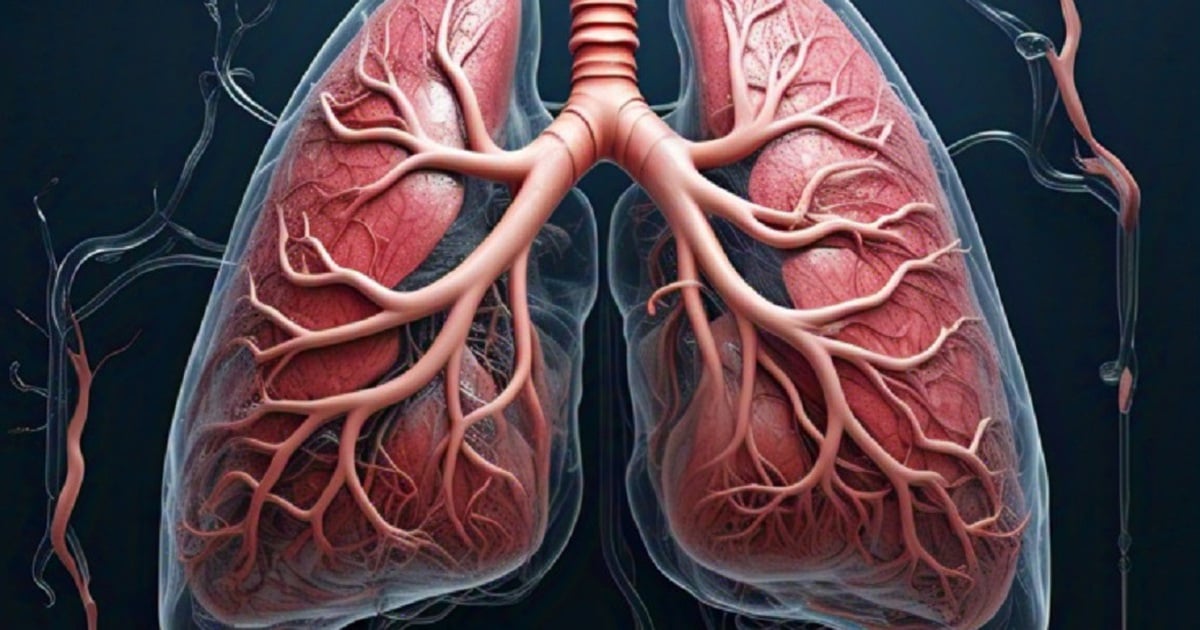Nutritional composition of eggs
According to the United States Department of Agriculture (USDA), a medium egg contains about 70 calories, 6 grams of protein, 5 grams of fat and 187 milligrams of cholesterol.
Eggs contain vitamins A, D, E, K, B1, B6, B12 and other vitamins, of which vitamins D and B12 are relatively high. Vitamin D helps absorb calcium, which plays an important role in the development of bones and muscles. Vitamin B12 helps the body's nervous system function normally.
The protein in eggs is good and contains essential amino acids needed by the human body, which can provide the necessary energy for the body and restore tissues.
Eggs are divided into egg whites and egg yolks, the nutritional content of these two parts is very different. Egg whites are low in calories and rich in protein. Egg yolks mainly contain fat, minerals and vitamins. Compared with egg whites, egg yolks are a more complex combination.

How many eggs should I eat for breakfast?
How many eggs should I eat every morning?
Lao Dong newspaper quoted AHA & NIH as saying that according to a study from the American Heart Association, eggs are a source of high-quality protein, vitamins and minerals such as vitamin B12, riboflavin, and selenium. But the main problem is the amount of cholesterol in eggs. A large egg contains about 186mg of cholesterol, mostly in the yolk.
Although recent studies have shown that dietary cholesterol does not directly affect blood cholesterol levels in most healthy people, some people still tend to have increased levels of LDL cholesterol (bad cholesterol) when consuming foods high in cholesterol. Therefore, experts recommend limiting egg intake if you have a history of heart disease or high cholesterol.
Eating 1-2 eggs per day is safe for healthy people with no risk of cardiovascular disease. For those at risk of cardiovascular disease or who already have cholesterol problems, egg consumption should be limited, with an optimal serving size of 3-4 eggs per week.
A Harvard University study on diet and cardiovascular disease found that people who consume eggs every day may experience some cardiovascular health problems, especially in those with diets high in saturated fat and low in fiber.
Eating eggs may not increase the risk of cardiovascular disease in healthy people, but other factors such as lifestyle, overall diet, and genetics are still more important in assessing the health effects of eggs.
Therefore, the number of eggs eaten for breakfast depends on individual health and potential risk factors. For healthy people, eating 1-2 eggs per day is safe, but for those with heart or cholesterol problems, limiting the number of eggs or choosing to eat egg whites may be a reasonable choice.
Source: https://vtcnews.vn/morning-should-you-eat-good-morning-after-midnight-ar909349.html









































Comment (0)